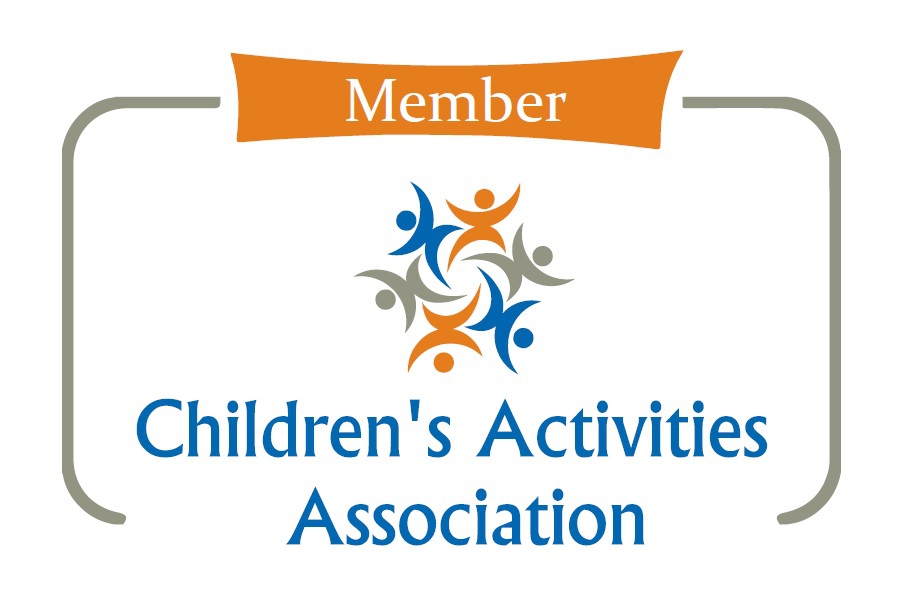We don’t want to tempt fate, but we’ve had some pretty cracking weather so far this summer. Time to get the paddling pool out and plan some summer holiday fun! Whilst we want you to have the BEST time with your family, we have to remind you that little people can drown in as little as 2cmof water. In fact, of the 400 people who drown each year, 60% of them are children and young people.
We hear from the Royal Life Saving Society (RLSS) this week during their Drowning Prevention Week.
RLSS: Top Water Safety Tips
We believe that the majority of drowning incidents can be prevented, especially with children. No family should ever have to go through the pain of losing a child due to drowning. We don’t want to stop you and your family having fun in the water. But it is important to remember that drowning can and does happen. By making sure you know and understand the basic principles of water safety, we can help keep you and your family safe whilst you all enjoy the water.
At home:
· Always use self-closing gates, fences and locks to stop children from gaining access to pools of water.
· Cover all water storage tanks and drains securely.
· Empty paddling pools and buckets as soon as they have been used.
· Always turn paddling pools UPSIDE DOWN once empty.
· Never leave children unattended at bath time. Empty the bath as soon as possible after use.
On holiday:
· When researching your holiday or arriving at your destination, check the safety arrangements for water-based activities and whether there is lifeguard cover at the pool or beach.
· Check bathing sites for hazards, the safest places to swim and always read the signs. Find out what local warning signs and flags mean.
· Take time to check the depth, water flow and layout of pools.
· Swim with any children in your care. It is more fun and you can keep them close and safe.
· On beaches, check when the tide will be high and low and make sure that you will not be cut off from the beach exit by the rising tide.
· Be aware of dangerous rip-currents (currents that flow from the shoreline and can sweep you out to sea).
· Do not use inflatable dinghies or lilos in open water. There are drownings every year due to people being blown out to sea on inflatables.
· Do not swim near to or dive from rocks, piers, breakwater or coral.
· Swim parallel to the beach and close to the shore.
RLSS has some great factsheets on water safety both at home and on holiday. Click here to read.







